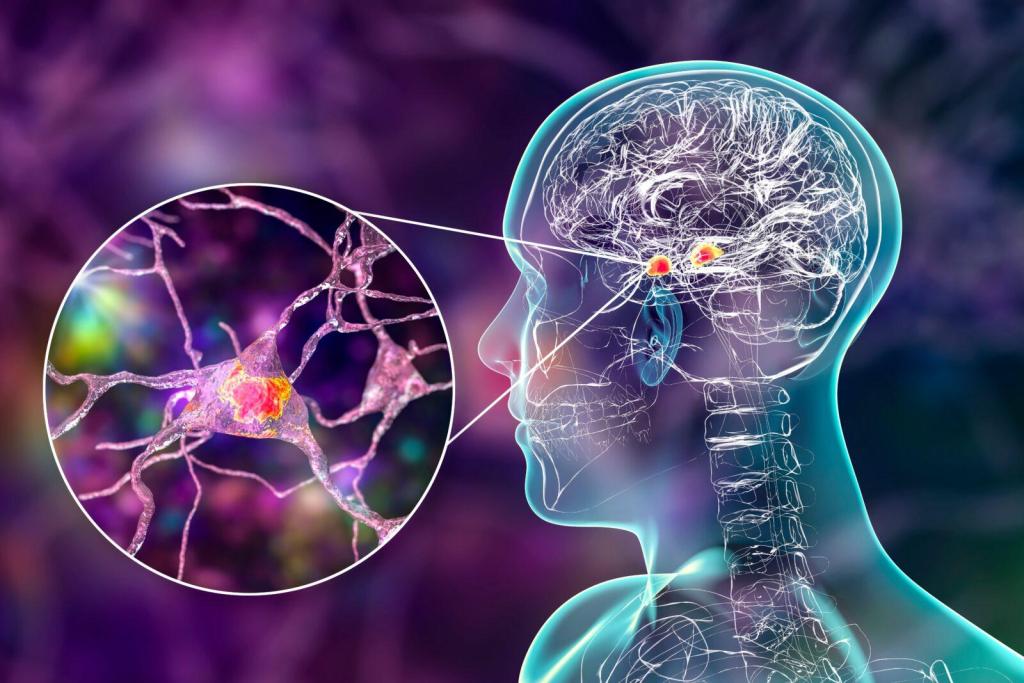
Military service members and veterans are at high risk of developing post-traumatic stress disorder (PTSD); however, anyone can develop a stress disorder, especially those that have experienced a traumatic, often life-threatening event. According to the Anxiety and Depression Association of America, “PTSD affects 7.7 million adults. Women are more likely to be affected than men”.
Overview of PTSD

- Normal Stress Response
- Acute Stress Disorder
- Uncomplicated PTSD
- Complex PTSD
- Comorbid PTSD
What is a normal stress response?
Normal stress response is a psychological and physical reaction to a stressor that may include accidents, injuries, abandonment, and/or great level of tension. PTSD starts with a normal stress response; however, these responses do not always lead up to a PTSD.
What is an Acute Stress Disorder (ASD)?
Acute stress disorder (ASD) is a mental health condition where an individual experiences psychological distress immediately following a traumatic event (from witnessing, hearing about, or being directly exposed to a traumatic event). ASD occurs within four weeks of a traumatic event and there is an increased risk of developing posttraumatic stress disorder (PTSD).
What are common symptoms for Acute Stress Disorder (ASD)?
- Symptoms must be present for a minimum of two days, but not longer than four weeks
- Anxiety or increased arousal (difficulty sleeping, irritability, poor concentration, hypervigilance, exaggerated startle response, motor restlessness)
- Intense fear or helplessness, horror, dissociative symptoms, persistent psychological distress (interfere with psychological or social functioning), fatigue, headaches, and gastrointestinal and rheumatic symptoms
- Persistently re-experienced the traumatic event through recurrent images, thoughts, dreams, illusions, flashback episodes, or a sense of reliving the experience
- Avoidance behaviors: thoughts, feelings, conversations, activities, places, and people that may remind them of the trauma
- Decreased awareness of surroundings
- Derealization (feel detached from surroundings)
- Depersonalization (periods of feeling disconnected or detached from one’s body and thoughts)
What causes Acute Stress Disorder (ASD)?
Military combat, sexual assault, rape, robbery, work-related injuries, natural or man-made disasters, sudden and unexpected bad news (diagnosis of life-threatening illness, death of a loved one, etc.), threat of death or serious injury, motor vehicle accidents, domestic abuse, terminal diagnosis surviving, traumatic brain injury
What is uncomplicated, complex, & comorbid PTSD?

- Uncomplicated PTSD
- A type of PTSD that results from a single major traumatic event
- Complex PTSD
- A type of PTSD that results from multiple traumatic events (common in abuse or domestic violence, war, community violence, etc.)
- Comorbid PTSD
- A type of PTSD that co-occurs with other psychiatric disorders, particularly major depressive disorder (MDD)
What are common symptoms of PTSD?

- Intrusive memories
- Recurrent and unwanted memories of the traumatic event, flashbacks, distressing dreams & nightmares, severe emotional distress or physical reactions to something that may bring memory of the event
- Avoidance
- Avoids thoughts, conversations, places, object, situations, activities, and people that may trigger distressing memory of the traumatic event
Alterations in cognition and mood
- Distorted and negative belief about self, others, or the world, distorted thought about the cause of the traumatic event (wrongly blaming self or others), ongoing fear, anger, horror, guilt, shame, hopelessness, memory problem, relationship problems (difficulty maintaining close relationships), feeling detaches from family and friends, lack of interest in activities once enjoyed, feeling emotionally numb, difficulty experiencing positive emotions
Alterations in physical and emotional reactions
- Easily startled or frightened, always on guard for danger, self-destructive behavior (over drinking, driving too fast, etc.), insomnia, trouble concentrating, irritability, anger outbursts (aggressive behavior)
What causes PTSD?

Causes
- Combat exposure, serious accidents, physical abuse, sexual violence, being threatened with a weapon, an accident, domestic abuse, serious health problems, rape, harassment or being bullied (racism, sexism and other types of abuse), kidnapped, held hostage, military combat, war and conflict, torture, a terrorist attack, domestic abuse, emotional abuse, race-based trauma, exposure to traumatic events at work (army, emergency services, humanitarian sector, etc.), violent assault, seeing other people hurt or killed, natural disaster (flooding, earthquakes, pandemics-coronavirus pandemic, etc.), traumatic childbirth, losing a loved one, being diagnosed with a life-threatening condition, etc.
Complications
- Increase risk for chronic diseases, depression, anxiety, heart disease, eating disorders, and issues with drugs or alcohol use
- Difficulty with work or relationships
- Suicidal thoughts and actions
When to see a doctor
Seek a healthcare provider when experiencing symptoms of trauma
DISCLAIMER
This information is intended for educational purposes only and it is not intended to take the place of consultation with your physician.
root cause medicine
Start your journey to health & wellness
Integrative Primary Care
We’ll guide you through the entire process of healing..
Regenerative Aesthetics
Regenerate hair and skin on a cellular level
Lifestyle Wellness Program
Our center’s innovative program will surely get you back on track!



